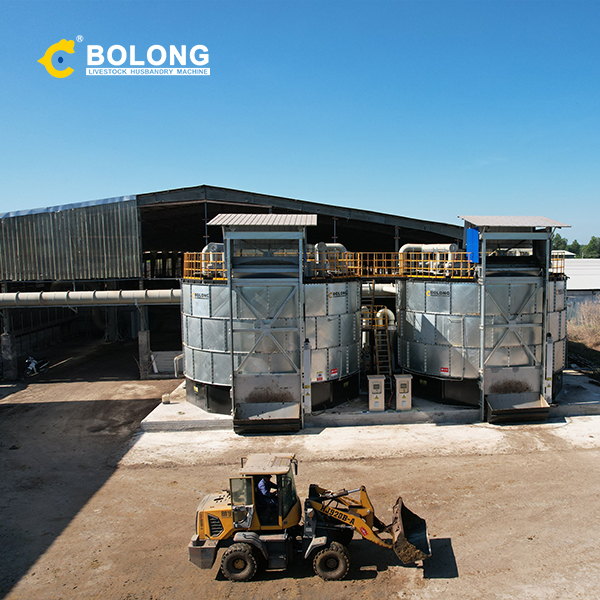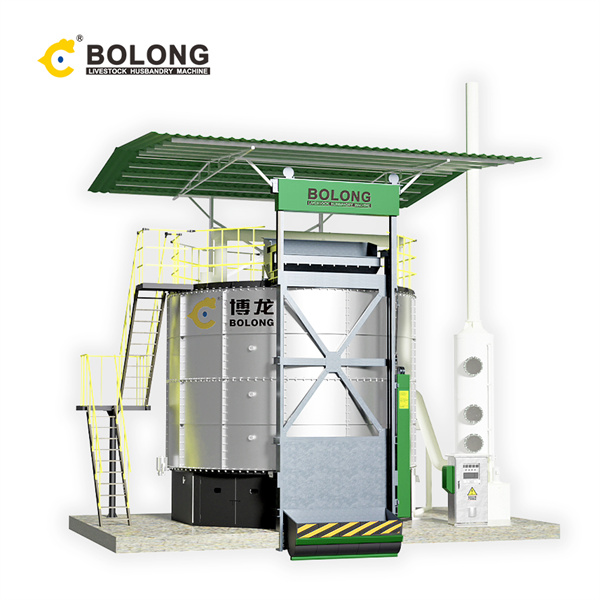Introduction: Reducing greenhouse gas emissions is essential for sustainable livestock farming. Livestock fermentation tanks help mitigate these emissions by managing manure effectively. This article explores the impact of fermentation tanks on greenhouse gas emission reduction.

Methane Reduction: Fermentation tanks promote aerobic composting, which reduces methane emissions from manure. Methane is a potent greenhouse gas, and its reduction significantly lowers the environmental impact of livestock farming.
Nitrous Oxide Reduction: Effective composting in fermentation tanks also reduces nitrous oxide emissions, another powerful greenhouse gas. Properly managed composting processes minimize the production of nitrous oxide.
Carbon Sequestration: The compost produced by fermentation tanks enhances soil carbon sequestration. This process captures atmospheric carbon dioxide and stores it in the soil, contributing to climate change mitigation.
Case Study: A dairy farm used fermentation tanks to manage manure and observed a 40% reduction in methane emissions. The farm also improved soil carbon sequestration, contributing to its greenhouse gas emission reduction goals.

Conclusion: Livestock fermentation tanks play a crucial role in reducing greenhouse gas emissions by minimizing methane and nitrous oxide emissions and enhancing carbon sequestration. These benefits support sustainable and climate-friendly livestock farming practices.